Despite the enjoyment and amusement that it offers, it is essential to assess Impact of TikTok on Mental Health. The emergence of media platforms has significantly transformed our lives in various aspects. These platforms, which facilitate connections and serve as outlets for self-expression, have become ingrained in our routines.
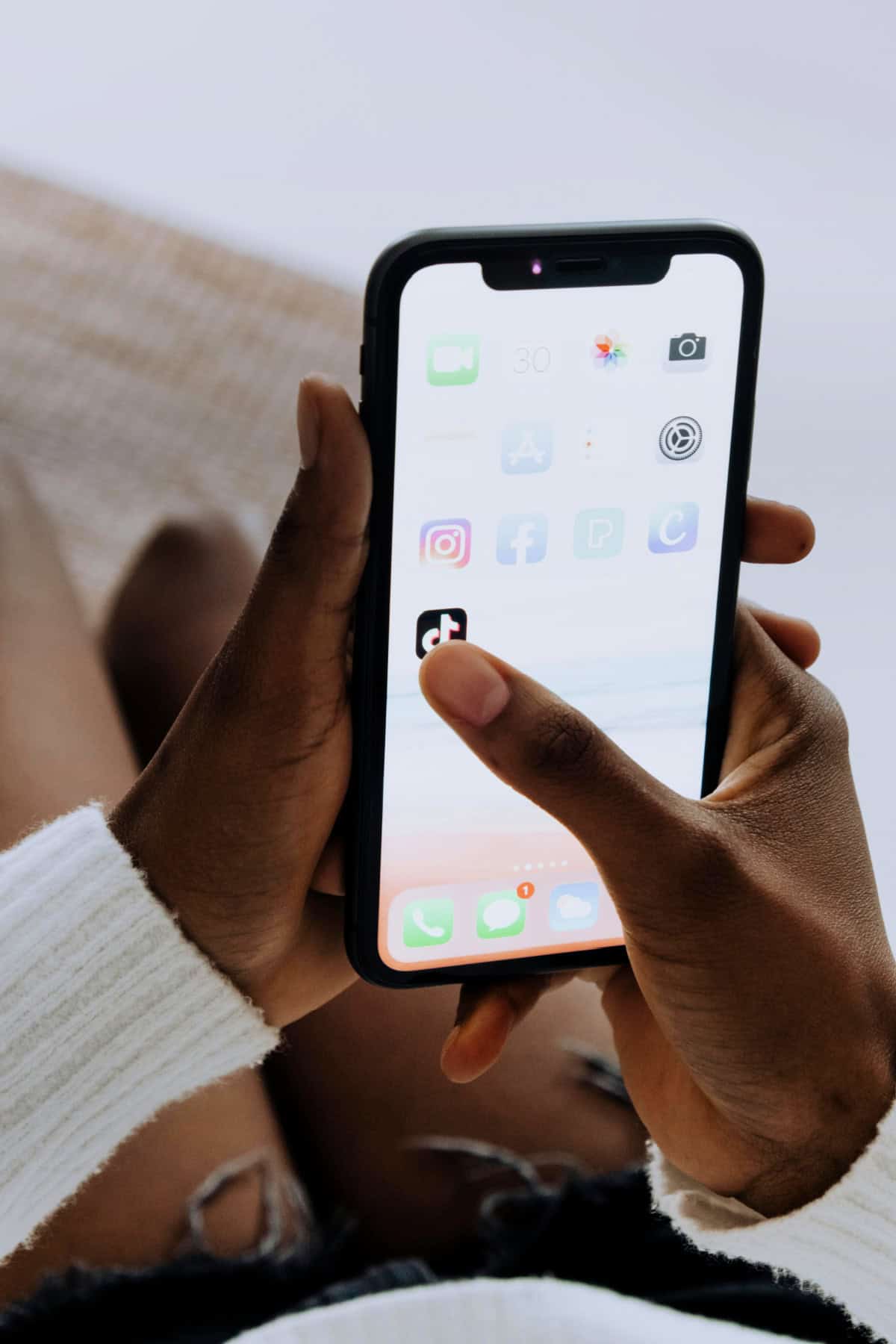
Impact of TikTok on Mental Health
One such platform that has experienced a surge in popularity recently is TikTok. Known for its captivating videos and extensive user community, TikTok has redefined how we engage with and distribute content.
The Appeal of Instant Gratification
A factor contributing to TikTok's appeal is its ability to deliver immediate satisfaction. The platform presents a stream of engaging videos that capture users' attention instantaneously. This instant gratification can create a cycle of dopamine release, prompting individuals to continue scrolling through a feed-in pursuit of the pleasurable experience.
While this may appear harmless initially, it can result in prolonged screen time and feelings of unease or restlessness when not actively using the application. That is why TikTok and mental health relationships are being considered by therapists today.
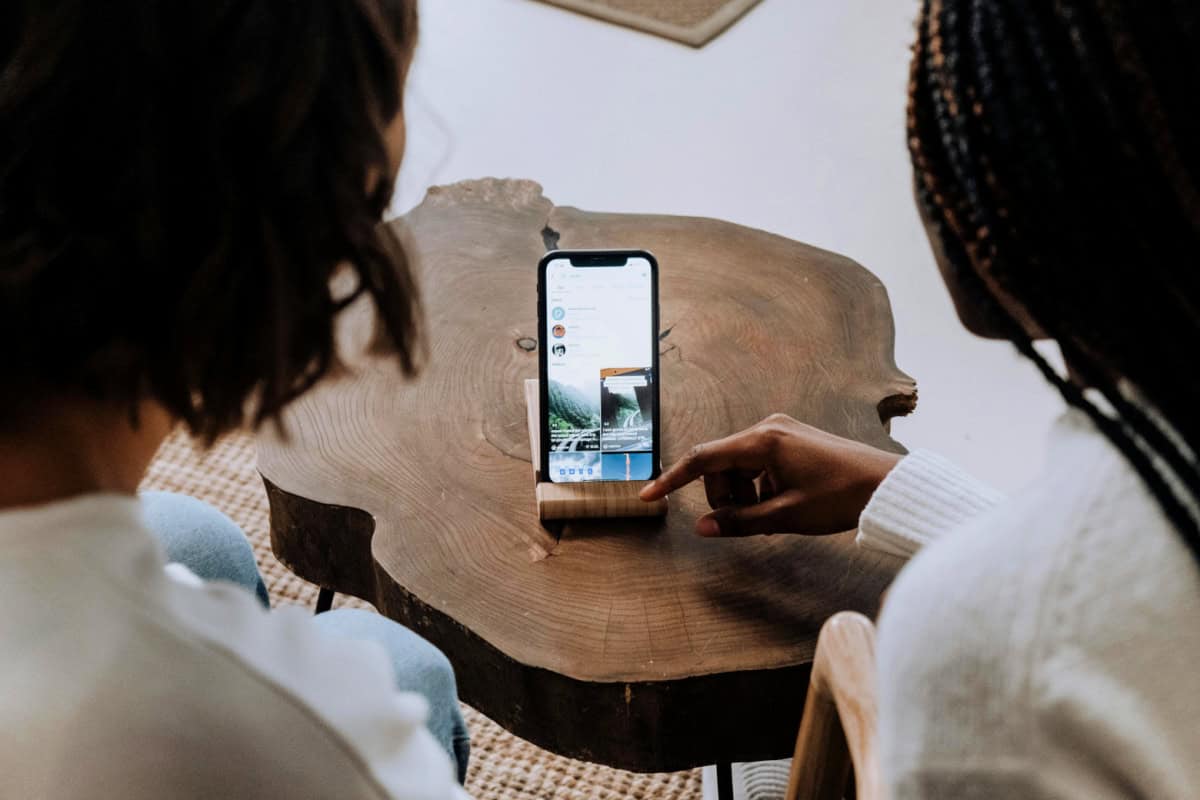
Social Comparison and Self-Perception
Another aspect of TikTok that may influence mental health is comparison. Users can find content showcasing lifestyles, talents, and physical appearances on the platform. Frequently comparing oneself to others who appear attractive or successful can trigger feelings of inadequacy and diminished self-esteem.
It's important to keep in mind that many TikTok videos are meticulously edited or staged, presenting a false view of reality.
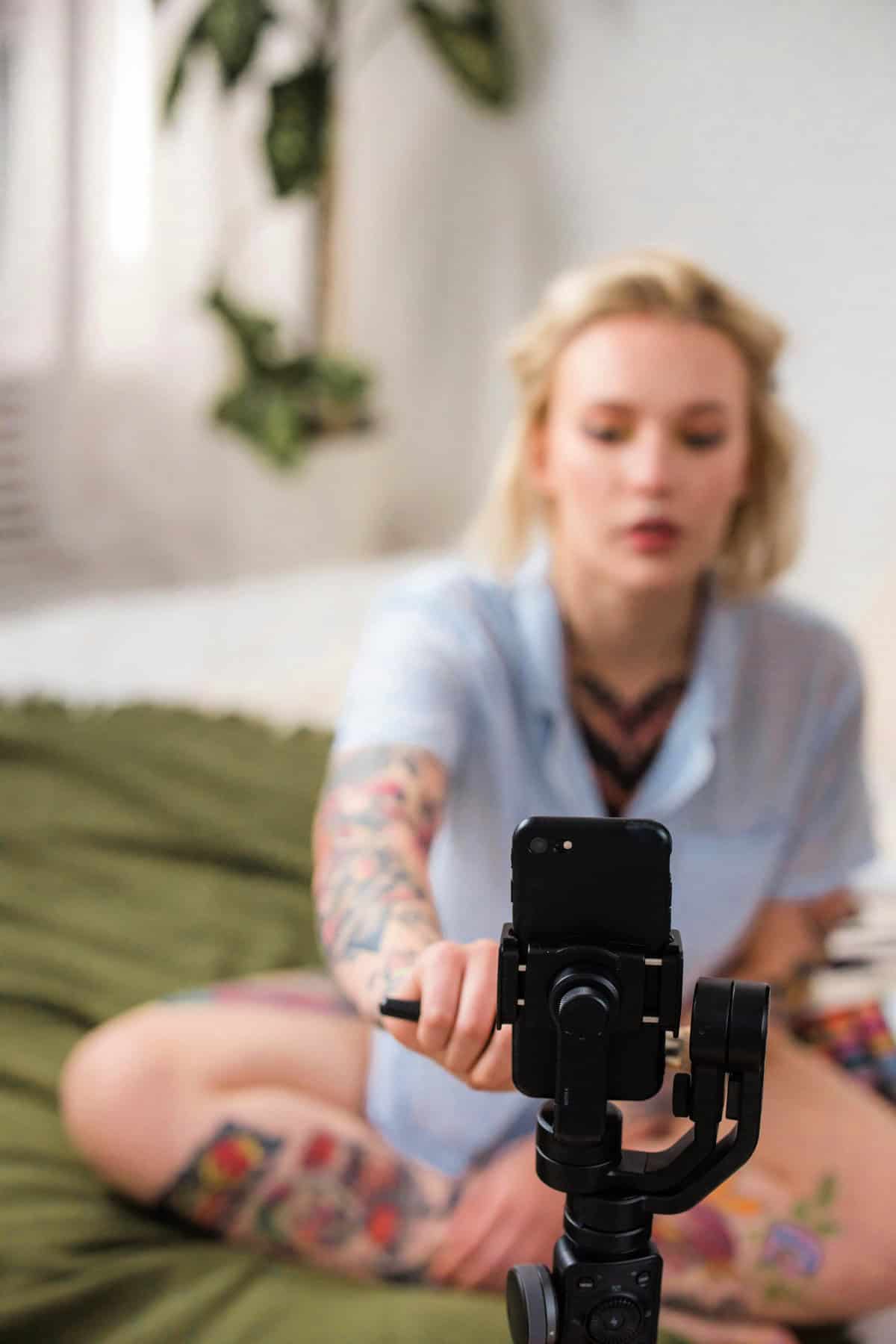
Dealing with Cyberbullying and Online Harassment
Like any social media platform, TikTok also deals with issues related to cyberbullying and online harassment. Users have the ability to leave comments on videos, making it easy for malicious individuals to target or harass others with comments. Moreover, video creators often encounter criticism or negative comparisons in their comment sections, which can adversely affect their well-being.
Setting Boundaries is Key
Maintaining boundaries is essential when using TikTok or any social media platform. It's crucial to establish limits on daily screen time and take breaks from scrolling through content. Striking a balance between offline activities can help minimize the impact of excessive TikTok use on mental health.

Crafting a Genuine Online Presence
While it may be tempting to create content that follows trends and attracts attention, it's crucial to remain authentic. Developing an online presence fosters self-worth and confidence, shielding individuals from the effects of social comparison. It's important to remember that not everything you see on TikTok is a reflection of reality, which can help reduce any feelings of self-doubt or comparison.
Using TikTok as a Tool for Positivity
Despite its downsides, TikTok can also serve as a tool for spreading positivity, fostering creativity, and supporting well-being. Many users leverage the platform to share uplifting content, inspire others, or offer insights. By curating a feed that includes accounts or channels focused on sharing skills, users can enhance their TikTok experience and positively impact their mental health.
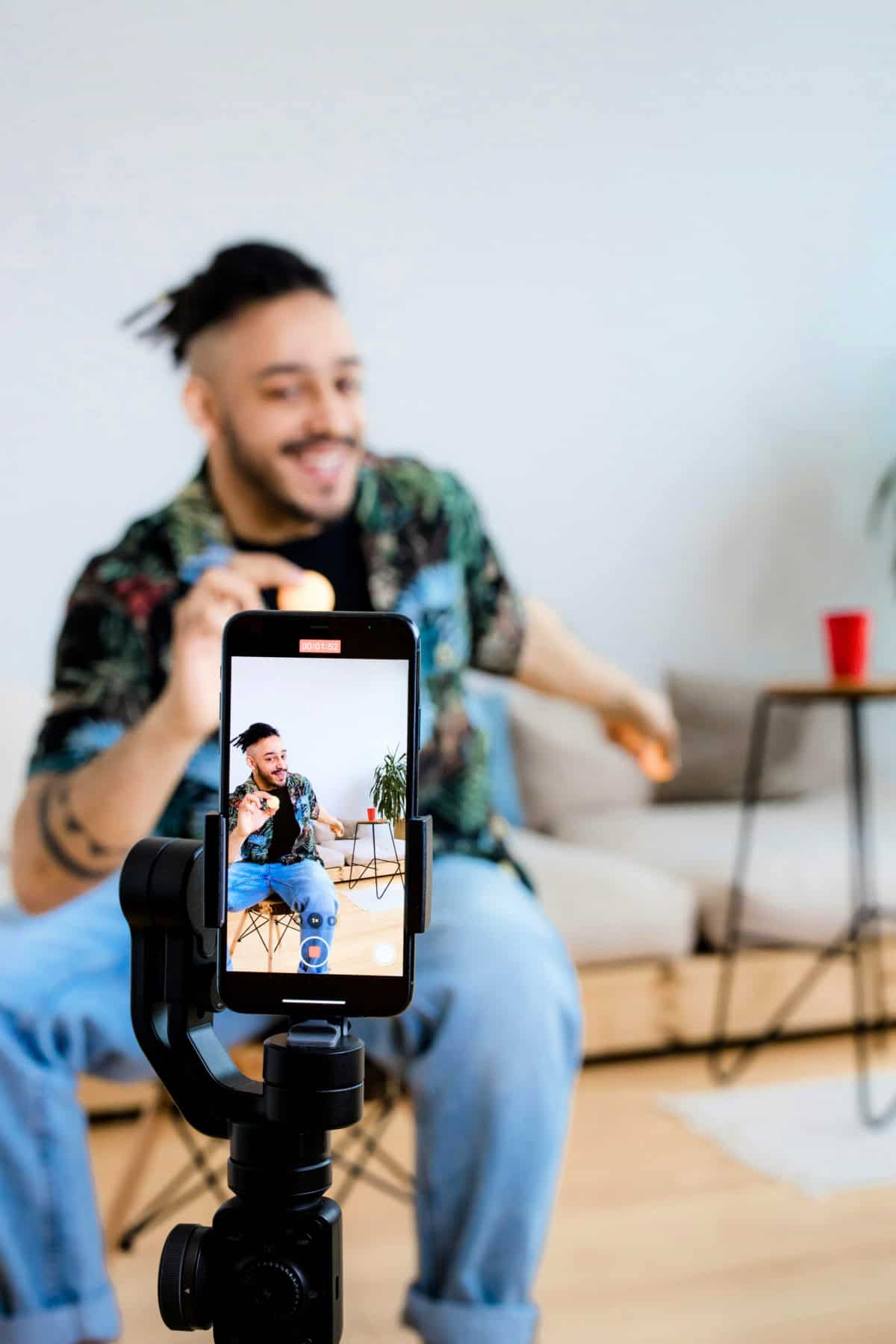
Seeking Support When Necessary
If someone finds themselves overwhelmed by the impact of TikTok on their well-being or faces cyberbullying, it's crucial for them to reach out for support. This may involve confiding in friends or family members, consulting with a health professional, or engaging with communities dedicated to well-being and self-care. No one should underestimate the importance of seeking help when feeling distressed by platforms like TikTok.
Dealing with Information Overload
One of the potential challenges that users may face when using TikTok is information overload. With millions of videos being uploaded and shared every day, it can be overwhelming to keep up with the constant stream of content. This influx of information can lead to feelings of sensory overload and difficulty in processing all the videos being presented.
To combat this, users can consider curating their feeds by following accounts that align with their interests and values. By narrowing down the content they consume, users can reduce the sense of overwhelm and focus on what truly matters to them.
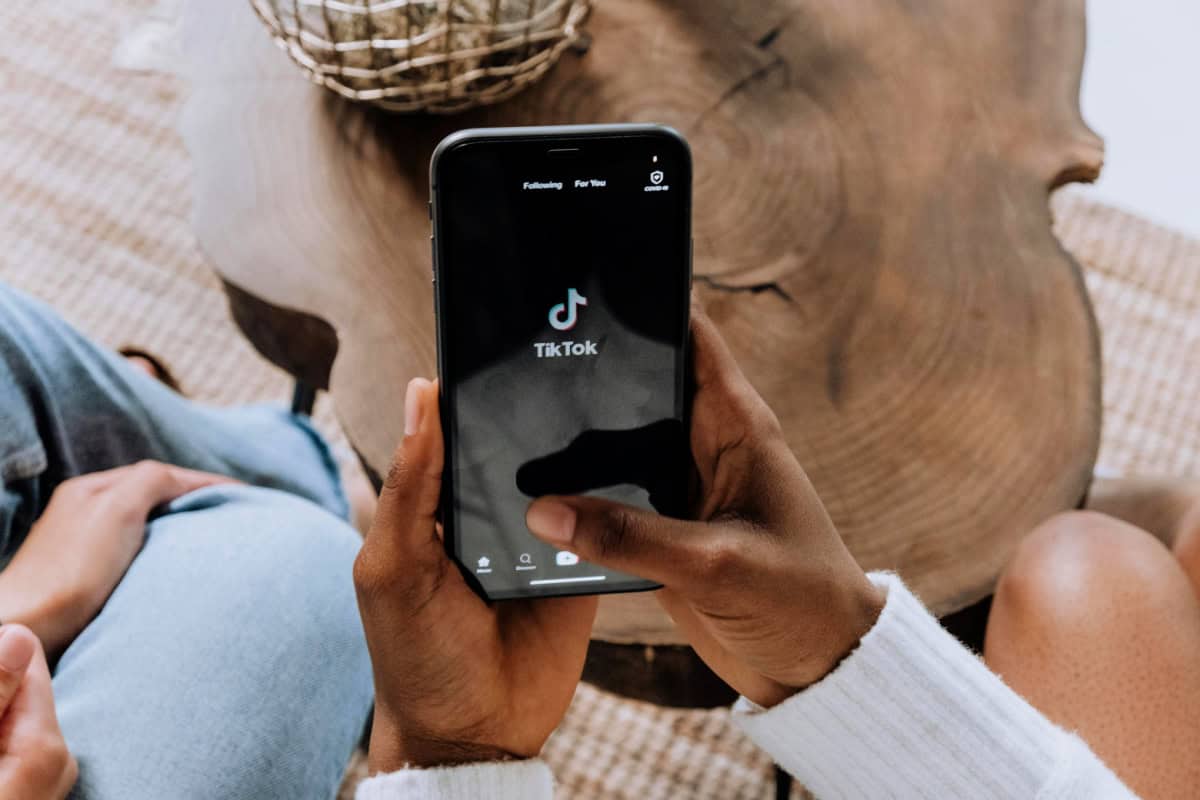
Conclusion
TikTok has undeniably left a mark on our world and offers limitless entertainment possibilities. However, users should be mindful of how this frequently used app can have adverse effects on their mental health if not used thoughtfully.
Recognizing the challenges, like getting caught in satisfaction cycles, feeling pressured by comparing oneself to others, facing online harassment, and setting clear limits, are important actions for developing a positive connection with TikTok.





Leave a Reply